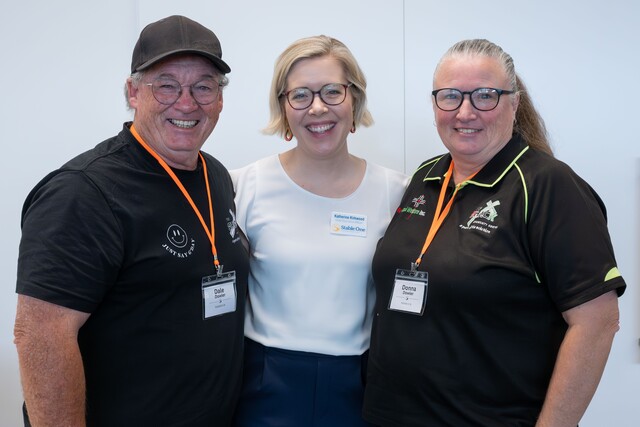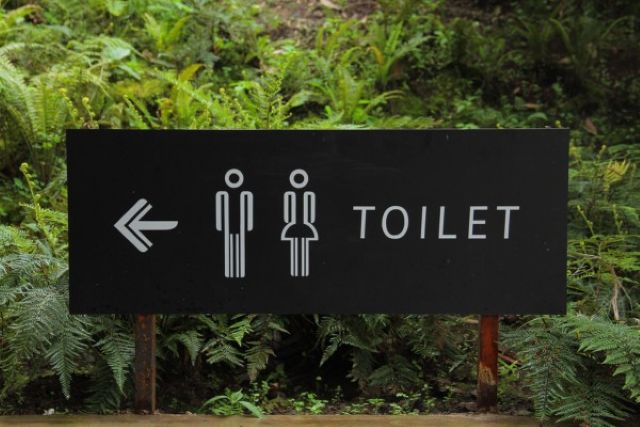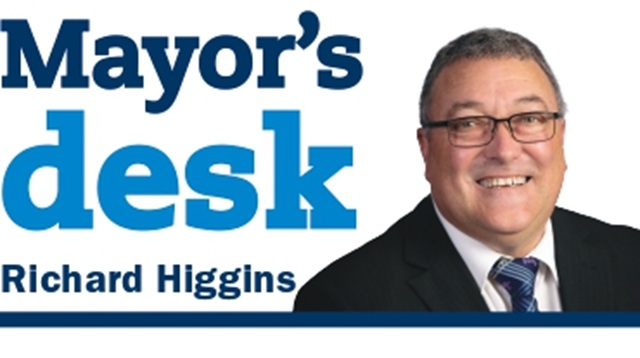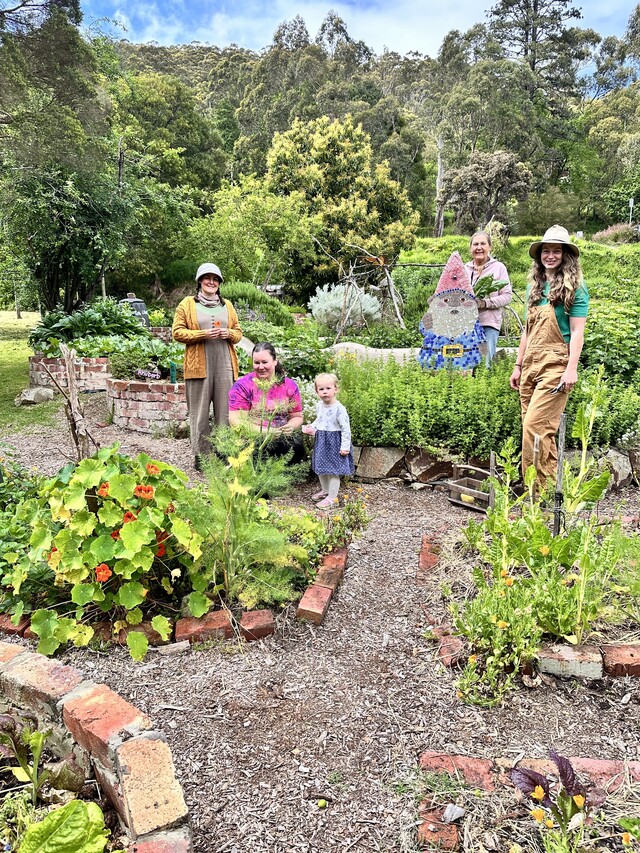By Mara Pattison-Sowden
QUOTE BOX: “At the end of the day it’s about a fair relationship.”
VICTORIA Police play an active role in stopping family violence, although more often than not they are called when a relationship has hit a crisis point. The Mail spoke with the Yarra Ranges’ crime prevention officer, Leading Senior Constable Linda Hancock, about preventing and reporting crimes, including personal safety around relationships.
THE police are still a last port of call in many family violence situations, according to Leading Senior Constable Linda Hancock.
“Nowadays we’re called a lot earlier but it’s still got to a crisis when the behaviour has built up,” she said.
Family violence, she said, was not just males abusing females. It can also be females abusing males, and the growing trend of young people abusing their siblings or their parents.
“There are controlling women out there and our society doesn’t gear up to really encouraging men to report that but there are certainly services to help them,” she said.
“At the end of the day it’s about a fair relationship.
“We do have families that are known to us and are certainly linked in with support services, but again we can only really be a band-aid, because we can put our practices and policy into place but if people don’t choose to follow those the problem will continue.”
She said it was a lot easier for police officers to defuse situations of ‘known’ families.
“You can often walk away knowing it’s going to be better because we’ve been able to settle things down.
“It’s when you go to a new situation, a new couple or family, and you don’t have any idea really what’s started it and you have to separate and make a decision on the best outcome.”
“When it comes to emotional and financial (abuse) you are really the only person who can do something about it, but I will support you through getting the right orders or giving referrals,” she said.
Sen Const Hancock said she found most people wanted to stay in their relationship; they just want the bad behaviour to stop.
“The biggest hurdle for us is why do people stay and put up with it?
“My philosophy is most people want to stay together, they just want the behaviour to change because when it’s good it’s good but when it’s bad it’s horrible.”
She said it was difficult to walk away from a bad relationship when a person had no income, little children, they don’t know where to go and the abuser could come home and become violent.
There were isolated incidents in the valley and the hills areas, but she said domestic violence could flare up anywhere.
“It can happen in an area you might never have gone to because it’s a combination of years of typical type of abuse that suddenly become a crisis,” she said.
Sen Const Hancock said new laws meant that any domestic violence situation police attended where there was physical evidence must be reported and must have an outcome.
“Whether or not the victim wants to charge them, the police can charge that abuser,” she said.
Police did have to follow procedure, she said, and when a statement was made verbally it was not a formal report.
She said people would tell her they had made a report, but in fact a chat over the counter was not the same.
“There is a clear understanding that while you don’t make it formal, nothing more will happen,” she said.
“I think for a lot of people, when they want to make that phone call, the person on the other end needs to get it right the first time otherwise it’ll take a while to pluck up the courage again.”
“I think we can certainly keep encouraging people to report and I’ll publicly say, I’m sorry but you may not always get the most responsive officer due to their knowledge base, years in the job, etc, the same as any customer service relations person doesn’t always know all the answers.
“But if you’re not happy with the service at the local station, certainly seek advice from another station. “I know a lot more about the services in the community than the general duties police, because they only come across the services as they need them or hear about them.
“If people are referred to me, I want to know what they’re trying to achieve. If they’re left and are feeling insecure and want personal safety advice then I will talk to them or if it’s outside my field I can refer them to counselling or whatever is needed.”
Intervention orders were a great tool, she said, because a person could stay with their partner and have an order that certain things wouldn’t happen.
“It’s not all about having them taken away and not to come within 200 metres, they’re at the top end, but you can have an intervention order that certain behaviours are not to happen.”
Sen Const Hancock said she felt police culture had come a long way in how police perceived family violence, what they did about it, how it was managed within the courts, the systems in place to support the referrals and encouraging people to report incidents.
“I’m not saying it’s perfect, and I still think it’s a bit soft when they call assaults in the family ‘domestic violence’ when a incident between two unknown people in the street would be a serious assault,” she said.
“But don’t leave it to a crisis when we have to come, start looking at little things they can change and seek out a service and hopefully those services don’t have huge waiting lists because that’s the impact on everything and we’ll just keep managing it.”
“If you’re in crisis and need police call triple zero, if you want advice, ring your local police station and ask for the family violence officer – each station has one allocated – or the crime prevention officer.”






